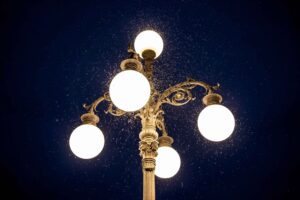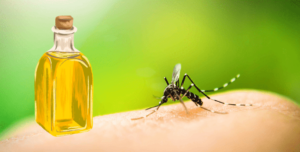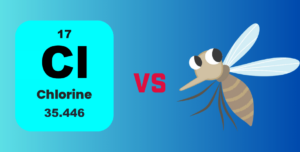Are Mosquitoes Attracted to Light? And How Different Lights Affect Them
As evening approaches and the air cools, the unwelcome hum of mosquitoes becomes all too apparent. Their behavior – specifically mosquitoes’ seeming attraction to light, often baffles many.
This article explores the question: “Are mosquitoes attracted to light?” We’ll uncover the science behind this phenomenon, investigate the type of lights mosquitoes find irresistible, and provide tips on the best light types to avoid mosquito attraction.
Are Mosquitoes Attracted to Light?
Contrary to popular belief, mosquitoes are not particularly attracted to light – unlike many of their insect counterparts. Rather mosquitoes are attracted to what light brings: food, water, and, technically – their own confusion.
While light is not their primary attraction – that title goes to water – which mosquitoes need water to breed, and carbon dioxide and other chemicals humans emit. But light can indeed play a role in mosquito behavior. Specifically, artificial light disrupts the natural patterns of mosquitoes and can sometimes create a confusing situation for them, drawing them closer.
The Science Behind How Lighting Affects Mosquitoes
Mosquitoes, particularly females searching for a blood meal to nourish their eggs, are primarily attracted to us by our body heat, the carbon dioxide we exhale, and the lactic acid in our sweat.
However, the role of light in this equation is quite complex.
Studies have shown that mosquitoes, especially those from the Aedes and Anopheles genera, are often more active during dawn and dusk, where they take advantage of the low-light conditions.
Here, the artificial light creates a sort of twilight scenario, causing an increase in their activity and consequently leading to increased interaction with humans.
Moreover, light may indirectly impact mosquito attraction by interfering with their navigation. Mosquitoes, like many insects, use light, particularly moonlight, to navigate their environments. Artificial light sources can disorient them, causing them to fly toward the light, mistakenly assuming it to be the moon.
What Types of Light Attract Mosquitoes the Most?
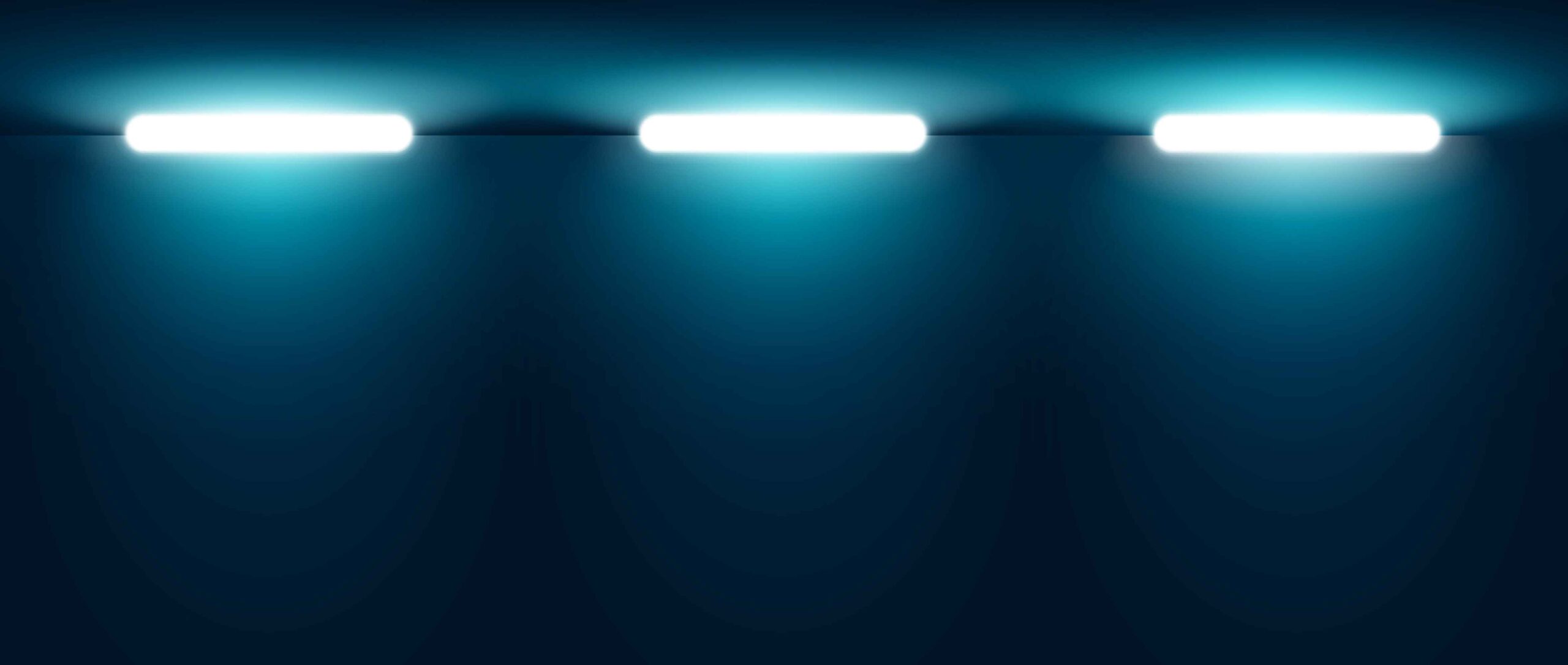
Different light sources and colors can have varying impacts on mosquitoes. While mosquitoes are not as strongly phototactic (attracted to light) as other insects, certain types of light can still have a noticeable impact on their behavior. Traditional incandescent bulbs are often the worst offenders, emitting a broad spectrum of light which makes navigation for mosquitoes easier.
In scientific studies, it has been observed that mosquitoes are most attracted to ultraviolet light and blue light. In a 2017 study published in the Journal of Medical Entomology, it was found that light traps using UV LEDs were more effective in attracting mosquitoes than other types of light.
Best Types of Lighting to Avoid Mosquitoes
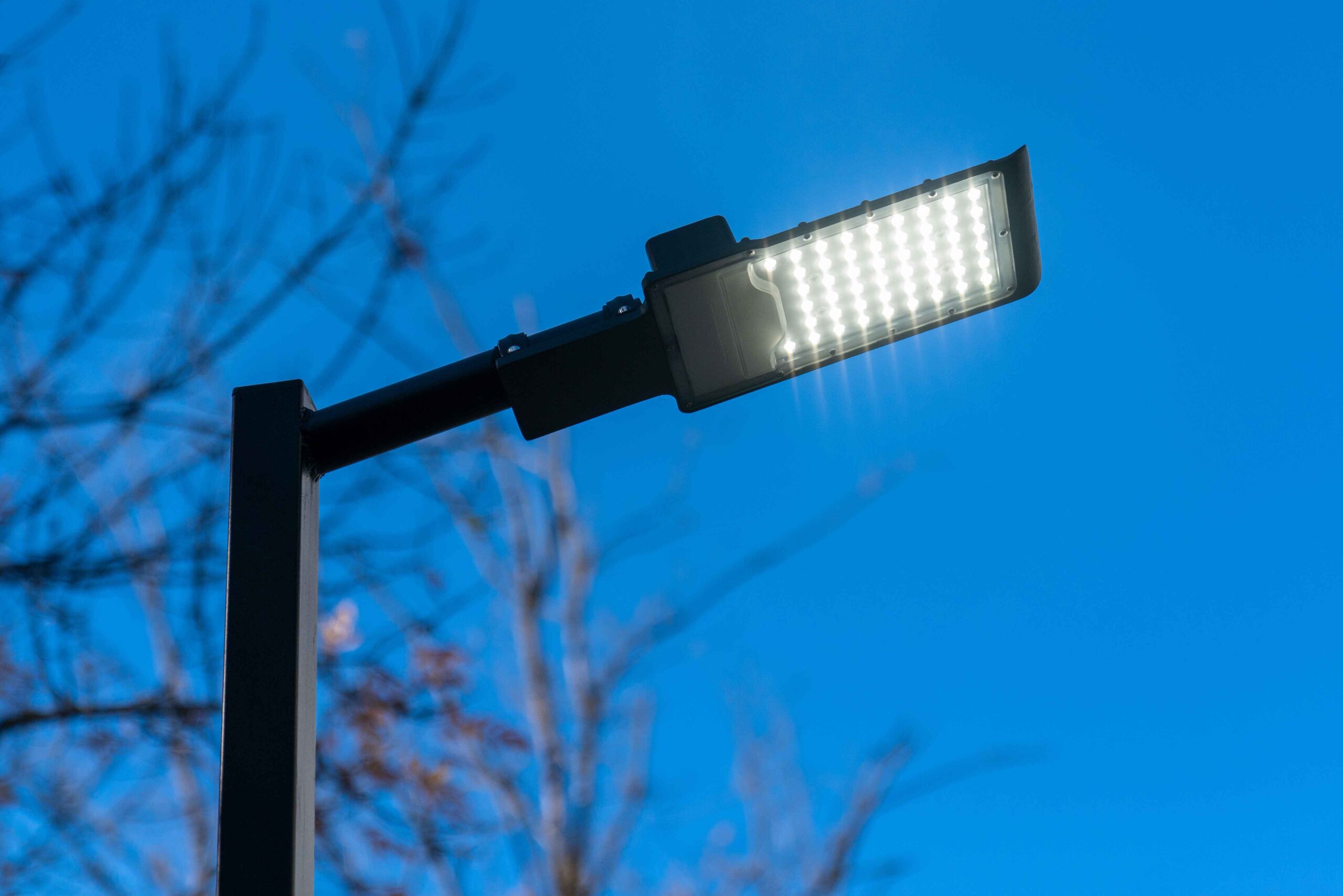
Compact fluorescent lights (CFLs) and LED lights, especially those that emit warm colors like yellow, orange, or red, tend to be less attractive to mosquitoes. This is because these lights emit a narrower spectrum of light, which isn’t as enticing to insects.
Warm white, yellow, orange, or red lights are less likely to attract mosquitoes than cool white or bluish lights. Furthermore, sodium lamps, which emit a deep yellow-orange light, have also been found to be less attractive to mosquitoes.
Additionally, sodium lamps, which emit a deep yellow-orange light, are also less attractive to mosquitoes.
Are Bug-Zapper Lights Good or Bad for Repelling Mosquitoes?
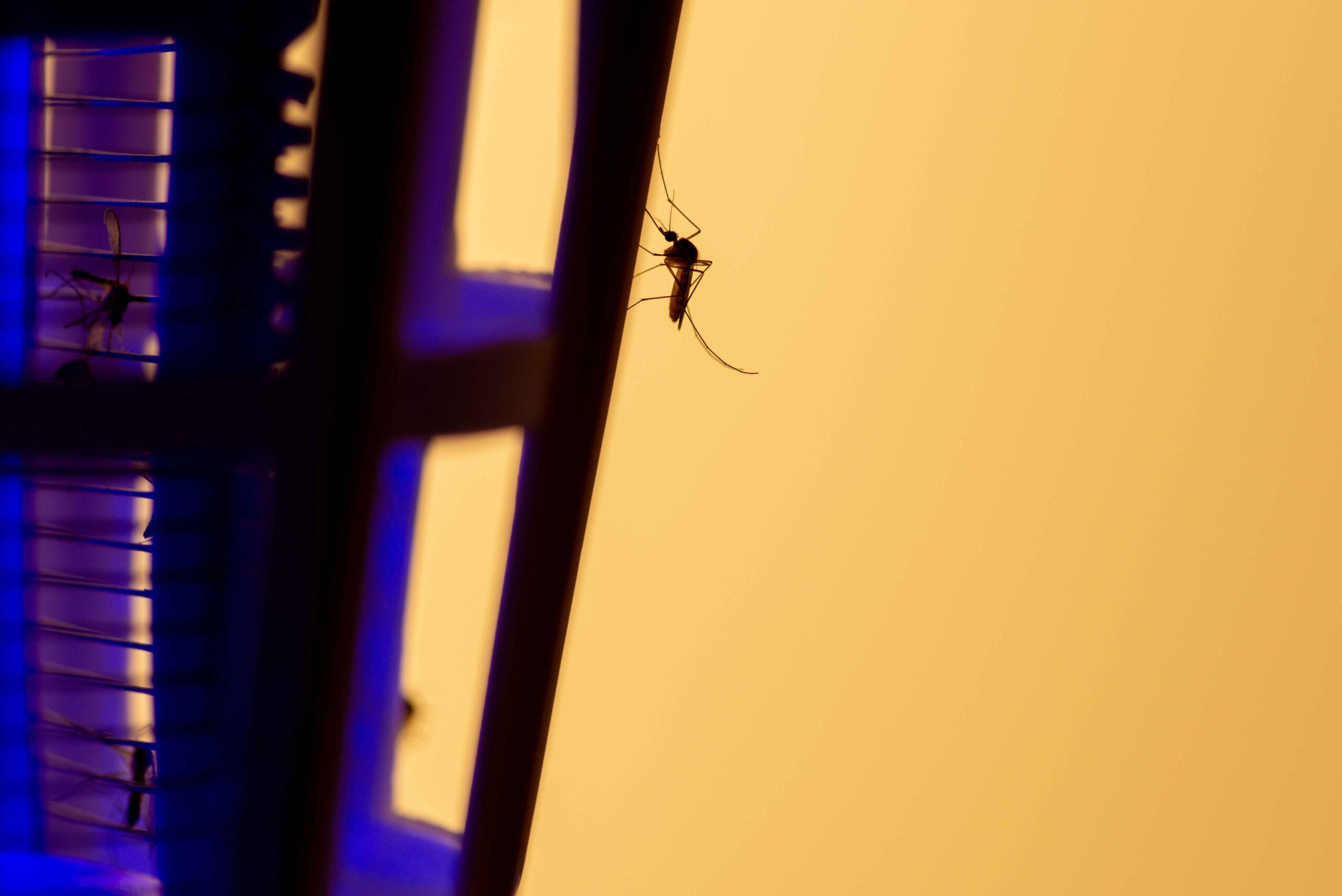
Bug Zapper lights, just like other lights, don’t specifically attract mosquitoes, it’s the environment that light creates that draws in mosquitoes. Having said that, since bug-zapper lights are typically UV and create a “moon-light effect,” they are more inclined to draw in mosquitoes.
On top of that, bug-zappers are less likely to kill mosquitoes than other insects because mosquitoes aren’t seeking out the light itself, but rather the environment created by these lights.
In Conclusion
While mosquitoes are not as strongly attracted to light as other insects, certain types of light can disrupt their behavior, leading to an increase in their interaction with humans. Carefully choosing the type of light source in your home or outdoor space can make a difference in reducing mosquito attraction.
It is essential to remember, though, that light is just one of many factors that can influence mosquito behavior. Keeping surroundings clean, eliminating standing water where they breed, utilizing plants that deter mosquitoes, and using protective measures like insect repellent are also crucial steps in combating these pesky insects.
In the battle against mosquitoes, a holistic approach encompassing both behavioral changes and scientific understanding is our best bet. Understanding the role of light in mosquito attraction is just one piece of the puzzle.
